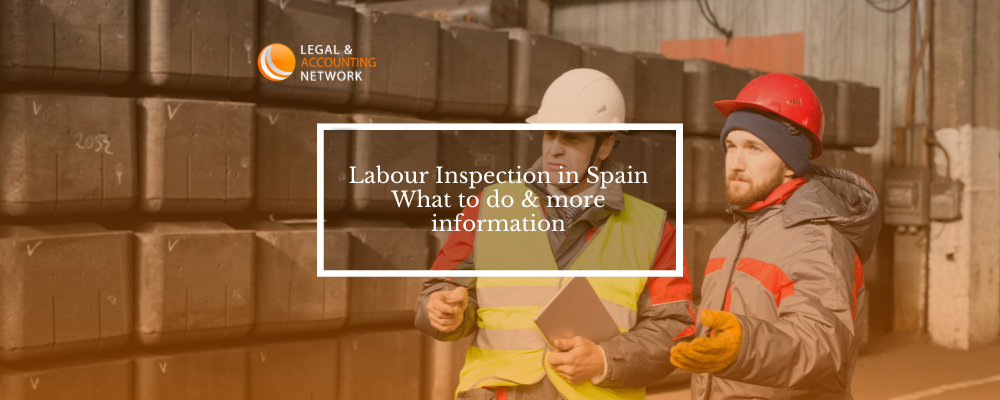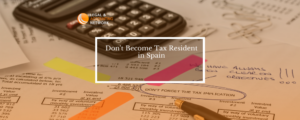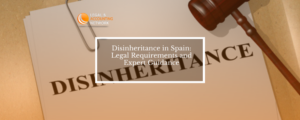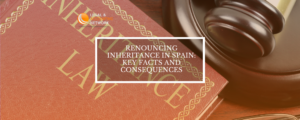What should you do if a Labour Inspector visits your business?
It is not uncommon to hear “Good morning, I am the Labour Inspector”, uttered by an inspector who appears, unannounced, at your business.
The most characteristic way of initiating a Labour Inspection in Spain is, without a doubt, by means of a visit by the Inspector to the workplace, without the need for prior notice of any kind.
If this happens, the Inspector can go to the workplace in two different ways:
- Identifying themselves as a Labour inspector.
- Incognito, i.e. posing as a client, for example, if he/she considers that identifying themselves as inspectors can endanger or jeopardize the success of the inspection.
In the first case, the inspector must show the official accreditation issued by the Labour and Social Security Authorities and inform the employer, his representative or the person being inspected.
If the inspector starts the visit incognito, they must identify themselves if they wish to access the business premises, request documentation or identify the employees and personnel present in the workplace.
Once the Inspector arrives at the workplace, other questions arise:
Can you prevent the Inspector from entering?
In most cases the answer is no, because, by law, the Labour Inspector, like the tax inspectors, may enter freely, at any time and without prior notice, into the workplace, establishment or place subject to inspection and may remain there.
However, there is an exception: if your business is run from your home, the inspector must obtain their express consent and, if this is not the case, obtain the appropriate legal authorization, as required by Article 18.2 of the Constitution, which refers to the inviolability of the home.
What happens if we obstruct the labour inspector?
Obstruction of inspection work can be classified as minor, serious and very serious, ranging from 70 euros fines in the minimum degree of the minor infringement, up to around 230.000 euros in the maximum degree of a very serious infringement.
Likewise, if the visit has been previously arranged or agreed with the Inspector, an unjustified absence can also be considered as obstruction.
What can the Inspector do once he has entered the workplace and identified himself?
The Inspector or Sub-Inspector may ask to be accompanied during the inspection visit by the employer or his representative; or also by the workers, their representatives and the company’s experts and technicians; and even by experts or experts belonging to the Administration or other officially authorized persons.
On the occasion of their visits to workplaces, the officials can request the presence of the workers’ representatives when legally appropriate.
The Inspector or Sub-Inspector may also, during the visit, demand the identification, or reason for their presence, of persons who are in the inspected workplace and may also request information, alone or in front of witnesses, from the employer or company personnel on any matter that is the object of the inspection.
It is common, for the inspector to question the employer and the workers about, for example, working hours and days, working conditions, etc. However, bear in mind that the statements made by the workers and the employer are not covered by the presumption of veracity, therefore, even if they are recorded in the report, they will not be taken directly as true and can be discussed.
It must be clear that the responsibility, and the consequences, for the non-identification of the persons in the inspected workplace is exclusive to each of them because the inspected person, even if he is the employer, does not have the authority to force other persons to identify themselves if they do not want to do so.
The inspector may also examine at the workplace all types of documentation to verify compliance with social security legislation, such as: accounting books, records, computer programs and software (for which it must be provided with the passwords), official declarations; registration, affiliation, registration and deregistration documents such as contracts, proof of payment of Social Security contributions or benefits or documents justifying salary payments.
It is important to know that the aforementioned documentation can only be handed over to the Labour Inspector by the owner or by persons with authority within the company; therefore, if at the time of the visit the owner or a person with authority in the company is not present, the Inspector will not be able to access this information at that time. In this case, what the Inspector can do is to require that these documents are submitted at a scheduled place and time.
The inspector can extract samples of substances and materials used or handled in the establishment, take photographs, videos, record images, draw sketches and plans, provided that the employer or his representative is notified, and obtain copies and extracts of all the documents mentioned above.
Another important issue to bear in mind is that the Labour inspector may adopt, at any time during the course of the proceedings, the precautionary measures they consider appropriate and proportionate, to prevent the destruction, disappearance or alteration of the aforementioned documentation.
However, it is an unusual procedure to adopt precautionary measures and, if they are adopted, they must be done restrictively, and avoid as far as possible, to alternate or affect the activity of the company and the rights of the employer.
If the inspection has been initiated by means of a visit and it is not possible to complete the procedure because the requested documents are not provided, the Inspection office can notify and require that these documents are submitted on a later date to the corresponding Labour Authorities.
What kind of documentation can be requested during a labour inspection in Spain?
- Time table and work calendar in order to control employees’ schedules. Summary of overtime.
- Registration and proof of payment of contributions to the Special Regime for Self- Employed Workers (RETA).
- Payroll receipts.
- Proof of payment of the Social Security.
- Registration and deregistration forms of the company’s employees. Proof of registration of the company with the Social Security.
- If there are foreign employees, work authorizations and work permit of the workers.
- Contracts of employment presented to the employment office together with the proof of the communication.
- Accounting records, ledgers, tax forms. Incorporation of the company deeds.
- Documents associated with the prevention of occupational hazards such as work accident prevention material.
Why have they decided to carry out a labour inspection?
A labour inspection can be requested by a worker or any citizen or it can be spontaneous,
i.e. preventive, and it is simply carried out randomly. Inspections are a routine procedure. In fact, despite the fact that complaints exist and are often made, in the vast majority of cases labour inspections are due to active campaigns of the Labour and Social Security Inspection.
Recommendations during a Spanish Labour Inspection
- Facilitate the Labour Inspection procedure.
- Be cooperative
- Provide all the documents required by the inspector.
- Ask the workers to remain at their workstation and answer all questions.
- Check and verify that what is reflected in the Labour inspection document is sufficient information for the a positive resolution. You may be able to demonstrate certain situations with documentation that has not been requested. Therefore, always check the resolution, and ask for help from your labour gestoria in case you need assistance.







